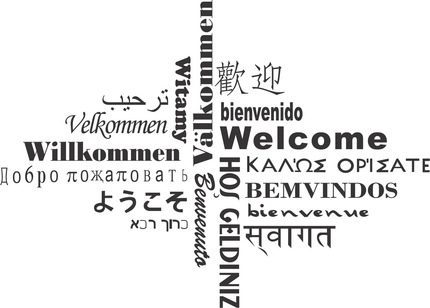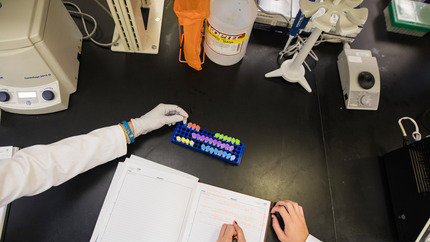Office of the First-Year Experience Summer Webinar Series
We look forward to connecting with our incoming first-year students. Webinar details, including dates and registration information, will be available in late spring.
Welcome to Disability Support Services

Our Mission
Disability Support Services (DSS) supports and enhances Lehigh University's educational mission and its commitment to maintaining an inclusive and equitable community by providing equal access and reasonable accommodations to disabled students.
Disability Support Services recognizes and appreciates disability as a valued facet of diversity and is dedicated to mitigating barriers in order to cultivate an equitable and inclusive environment that supports students and fosters intellectual exploration, individual growth, and leadership development so all students can live, learn, and lead at Lehigh.
At Disability Support Services, we work closely with students who self-identify in order to ensure equal access to University programs, activities, and services. Policies and procedures have been developed to help students become confident, successful, and independent self-advocates and learners.
We encourage students to learn more about DSS on our website where they can find information about the support services we provide as well as procedures for requesting accommodations. We also invite students to meet with our staff to address their specific needs.


